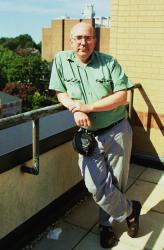
Maurice Herlihy's research centers on practical and theoretical aspects of multiprocessor synchronization, with a focus on wait-free and lock-free synchronization. His 1991 paper ``Wait-Free Synchronization'' won the 2003 Dijkstra Prize in Distributed Computing, and he shared the 2004 Goedel Prize for his 1999 paper ``The Topological Structure of Asynchronous Computation''. He has an A.B. degree in Mathematics from Harvard University and a Ph.D. degree in Computer Science from MIT. He has been an assistant professor in the Computer Science department at Carnegie Mellon University, a member of research staff at Digital Equipment Corporation's Cambridge (MA) Research Lab, and a consultant for Sun Microsystems. He is now Professor of Computer Science at Brown University.
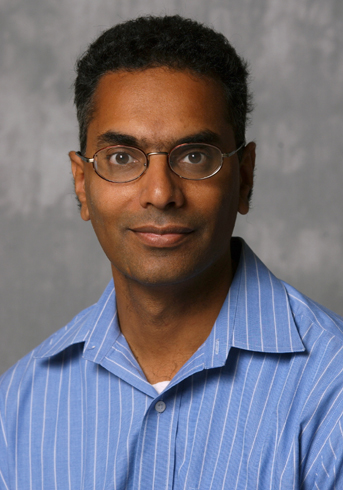
Suresh Jagannathan is Associate Professor of Computer Science at Purdue University. Prior to joining Purdue, he was a Senior Research Scientist at the NEC Research Institute. His interests are in program analysis, concurrent and distributed systems, and functional programming. He received his MS and Ph.d from MIT.
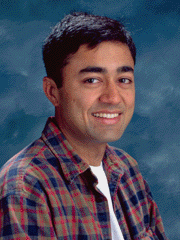
Shaz Qadeer is a member of the Software Productivity Tools group at Microsoft Research. Before joining Microsoft Research, he was a member of the research staff at the Compaq Systems Research Center from 1999 to 2002. Shaz received his Ph.D. from the EECS Department of the University of California at Berkeley
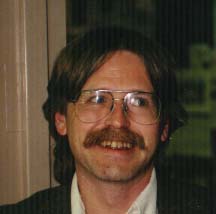
Doug Lea is a professor of Computer Science at the State University of New York at Oswego. He is author of the book Concurrent Programming in Java, and co-author of the text Object-Oriented System Development. He is the author of several widely used software packages, as well as articles and reports on object oriented software development including those on specification, design and implementation techniques, distributed object systems, and software reusability
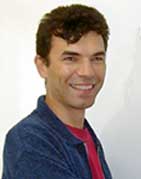
Davide is a Professor ("Professore Ordinario") of Computer Science Department of Computer Science University of Bologna, Italy. His research interests include Concurrent systems, especially mobile and higher order: semantics, verification techniques. High-level languages for specifying and programming concurrent activities. Systolic automata and systems. He is "the author of "The pi-calculus: A Theory of Mobile Processes, Cambridge University Press.
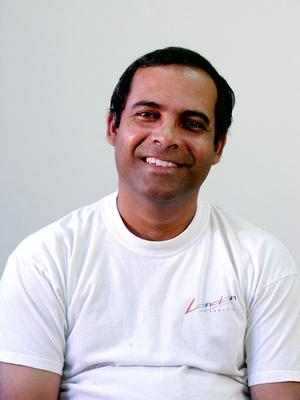
Vijay Saraswat joined IBM Research in 2003, after a year as a Professor at Penn State, a couple of years at startups and 13 years at Xerox PARC and AT&T Research. His main interests are in programming languages, constraints, logic and concurrency. At IBM, he leads the work on the design of X10, a modern object-oriented programming language intended for scalable concurrent computing.
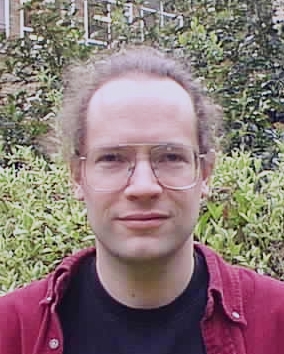
Peter Sewell studied at Cambridge, Oxford, and Edinburgh, taking his PhD (supervised by Robin Milner) in 1995. Since then he has been in the Computer Laboratory at Cambridge, and currently holds a Royal Society University Research Fellowship and a University Senior Lectureship there. His research is broadly in applied semantics, for distributed programming languages, security, and network protocols.
Denis Trystram obtained a PhD in Applied Mathematics in 1984 and a second one in Computer Science in 1988 at Polytechnical Institut in Grenoble where he is Professor since 1991. From this time, he is leading a research team on Scheduling and Combinatorial Optimization applied to parallel and distributed computing. He is currently Regional Editor for Europe for the Parallel Computing Journal and participates to the Editorial Board of the IEEE TPDS journal.
Nobuko Yoshida is an EPSRC Advanced Fellow and a Lecturer in Department of Computing at Imperial College London. She is an invited expert of W3C Web Services Choreography Working Group. She studied at Keio, Manchester, Edinburgh, Sussex, Leicester and Imperial. Her research interests include: formalisation of Web Services, Distributed Java, secure information flow analysis, access control of mobile computing, typing systems for concurrent computation and programming, Hoare Logics for programming languages, semantics of concurrency and functional programming.